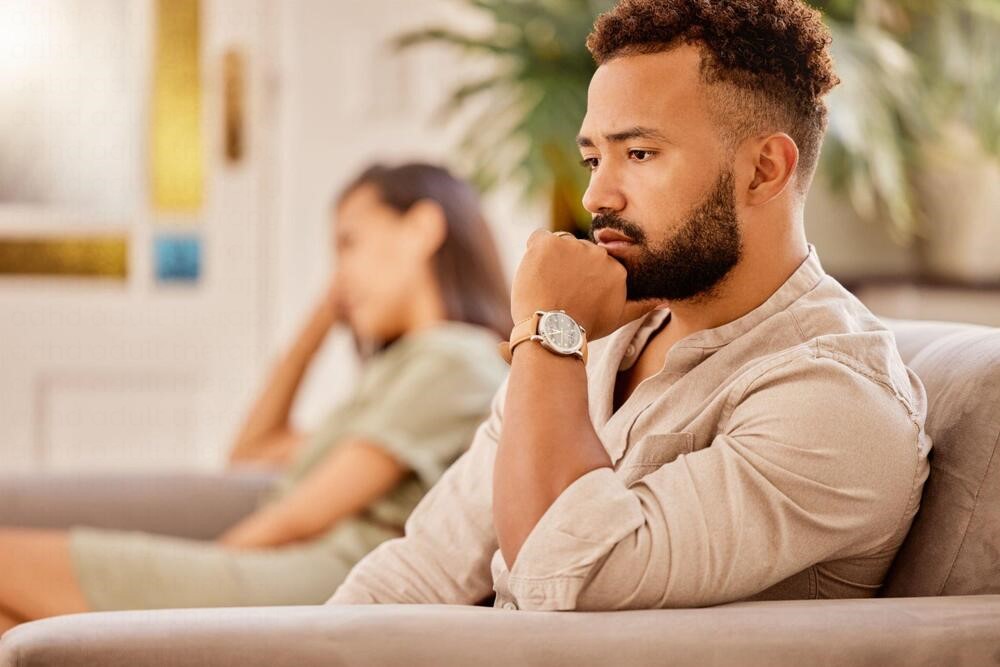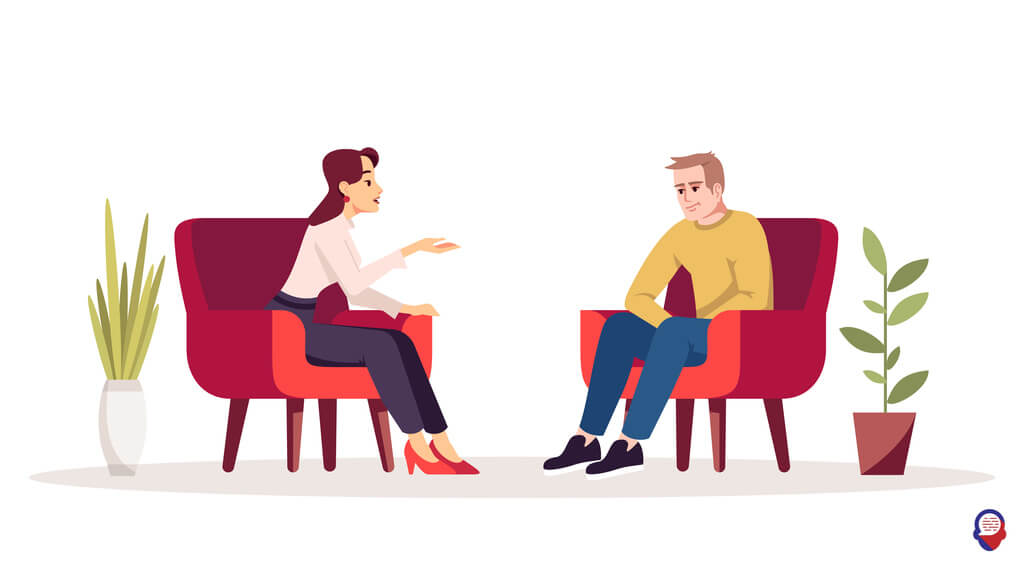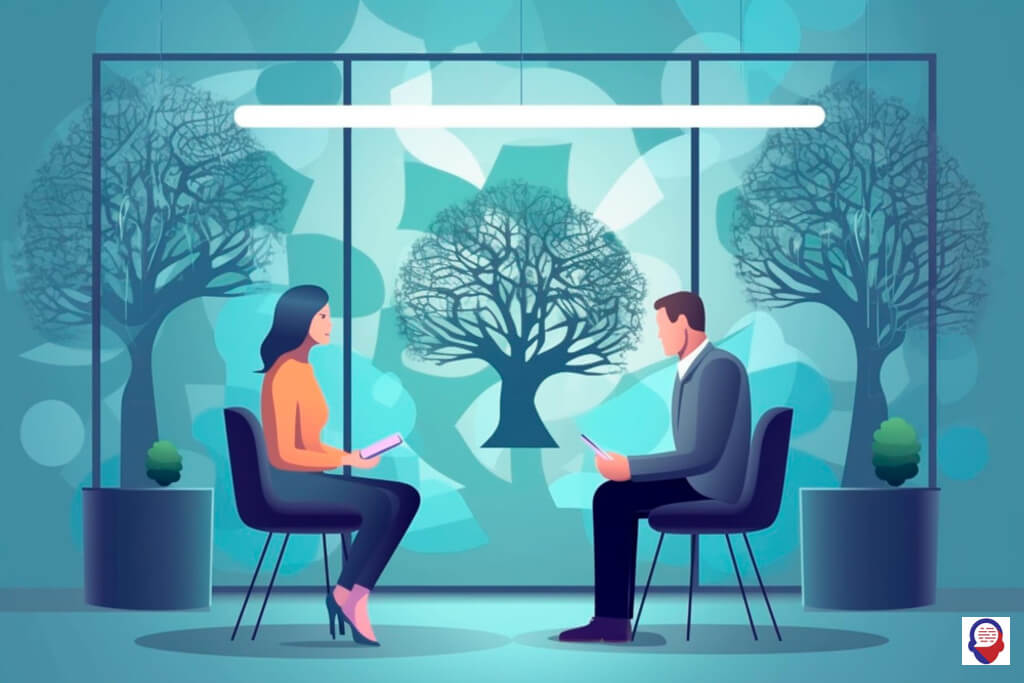Finding Healing Together: Your Guide to Grief Support Groups
Grief is a landscape many of us are forced to navigate without a map. It is a profoundly personal, often isolating journey through a territory of sorrow, confusion, and pain. When you lose someone or something you love, the world can suddenly feel muted, your personal tragedy echoing in a silence that feels unbearable. While friends and family offer support, they may not fully grasp the depth of your experience, leaving you feeling utterly alone with your thoughts. It is in this space of solitude that the idea of sharing your story with strangers can feel both terrifying and, perhaps, strangely hopeful.
This is where grief group therapy enters the picture. It is a structured, supportive environment designed specifically for those treading the difficult path of loss. It offers a unique form of companionship, one forged not in shared history, but in shared experience. This article will explore the world of grief group therapy, demystifying what it is, how it works, and whether it might be the source of comfort and healing you have been searching for. We will walk through the process, from the first tentative session to finding a group that truly fits your needs, providing a compass for this part of your journey.

What Exactly Is Grief Group Therapy?
It is a form of psychotherapy where a small group of individuals, each of whom has experienced a significant loss, meets on a regular basis. These sessions are always guided by one or more trained mental health professionals.
The core purpose of grief group therapy is to create a safe, confidential, and empathetic space. Within this container, members can share their experiences, process the complex and often contradictory emotions of grief, and learn healthy, effective coping strategies. It is a place to speak the unspeakable and to feel the unfeelable, all while being held by a community that understands.
Unlike a casual support group that might be run by peers, grief group therapy is distinguished by the presence of a professional facilitator. This therapist is not just there to keep time, they actively guide the therapeutic process. Their expertise in grief, loss, and group dynamics ensures that the conversations are productive, safe, and focused on healing.
This is not simply a conversation club for the bereaved. The "therapy" component is active and intentional. It involves psychoeducation about the grieving process, guided exercises to help process emotions, and therapeutic interventions that help members untangle the knots of their pain. It is a structured approach to healing, powered by the profound human connection of the group.

How Does Sharing with Strangers Actually Help?
Sharing your deepest sorrow with people you have never met helps because they are not just strangers, they are strangers who uniquely and intimately understand your pain. This creates a powerful form of validation that can immediately begin to dismantle the crushing weight of isolation that so often accompanies grief.

Can It Reduce My Loneliness?
Yes, one of the most immediate and profound benefits of joining a grief group is the visceral realisation that you are not alone. The feeling that your pain is unique and incomprehensible to others is a common, and deeply isolating, part of grieving.
In a group setting, you hear your own unspoken thoughts and fears echoed in the words of others. This experience, known in therapeutic terms as universality, is incredibly powerful. It normalises your journey, reassuring you that your chaotic emotions, your moments of anger, your deep wells of sadness, are not signs that you are broken, but are part of a shared human experience of loss. This sense of shared identity can be the first light in a very dark tunnel.

Will I Learn New Ways to Cope?
Absolutely. Grief group therapy is a fertile ground for learning new and practical ways to manage your grief. This happens in two ways, through formal guidance from the therapist and informal learning from the experiences of other group members.
The therapist will often provide what is called psychoeducation, which is direct information about the nature of grief. They may explain common reactions, discuss helpful frameworks for understanding your experience, and teach specific techniques for managing overwhelming moments. You might learn breathing exercises to calm anxiety, strategies for navigating holidays and anniversaries, or ways to handle intrusive questions from well-meaning friends.
Simultaneously, you will witness firsthand how others are coping with their own losses. You will hear what has worked for them, and just as importantly, what has not. This collective wisdom provides a rich pool of ideas and strategies you can adapt for your own situation, helping you build a more robust toolkit for navigating the difficult days.

Is It a Place to Find Hope?
Yes, a grief group can be an incredibly powerful incubator for hope. This often comes from simply witnessing the survival of others.
When you are in the raw, early stages of grief, it can feel impossible to imagine a future where the pain is not all-consuming. In a group, you will meet people who are further along in their journey. They are still grieving, because grief does not have an endpoint, but they are also living, laughing, and finding new meaning in their lives.
Seeing these individuals provides tangible, living proof that healing is possible. It counters the catastrophic belief that your life is over or that you will never feel joy again. This instillation of hope is not about false platitudes or empty promises, it is about seeing with your own eyes that it is possible to carry grief and still move forward.

What Should I Expect in a Typical Session?
A typical session usually involves group members sitting in a circle to facilitate open communication. The facilitator will open the session, and members will take turns sharing updates, feelings, or challenges they have faced since the last meeting, all within a framework that ensures the environment remains safe and productive.

Who Leads the Group?
Grief therapy groups are always led by trained and credentialed mental health professionals. This could be a licensed professional counsellor, a clinical social worker, a psychologist, or a psychiatrist who has specialised training and experience in bereavement and group facilitation.
The facilitator’s role is multi-faceted and crucial to the group’s success. They are responsible for creating and maintaining a safe and confidential space. They guide the conversation, ensuring that everyone who wants to share has the opportunity to do so, while also managing group dynamics to prevent any one person from dominating the time.
They are not passive observers. A skilled facilitator will offer therapeutic insights, introduce relevant topics for discussion, and intervene if a conversation becomes unproductive or harmful. Their clinical expertise is what elevates the experience from a simple support meeting to a true therapeutic process.

What Are the Rules?
Most groups establish a clear set of ground rules or a group agreement during the first session to ensure a respectful and safe environment for all members. The single most important rule is confidentiality.
Confidentiality is the bedrock of trust in a therapy group. What is shared in the group, stays in the group. This allows members to be vulnerable without fear that their personal stories will be discussed outside the room. Other common rules include listening respectfully without interrupting, avoiding unsolicited advice or trying to "fix" someone else’s pain, and using "I" statements to speak from personal experience rather than making generalisations.
These rules are not meant to be restrictive. They are designed to create a predictable and secure structure where difficult emotions can be explored without fear of judgment, criticism, or betrayal. A well-facilitated group will revisit these rules as needed to ensure they are being upheld.

Do I Have to Talk?
No, you are never forced to share in a grief group. It is perfectly acceptable, especially in your first few sessions, to simply sit and listen.
The act of listening can be profoundly therapeutic in itself. Hearing others’ stories can help you feel less alone and give you the language to understand your own experience better. A good facilitator and a healthy group will understand and respect that everyone processes grief at their own pace.
There is no pressure to perform. You are welcome to participate in whatever way feels right for you on any given day. Over time, as trust builds and you feel more comfortable, you will likely find that you want to share your own story. But that decision will always be yours to make.

Is Grief Group Therapy Right for Me?
Grief group therapy can be incredibly beneficial for a wide range of people, but its effectiveness for you will depend on several personal factors. Your comfort level with sharing in a group setting, the specific nature of your loss, and your current emotional state are all important considerations in making the decision.

When Is the Best Time to Join?
There is no universally "best" time to join a grief group, as the ideal timing is highly individual. However, many people find it most helpful to join after the initial, acute phase of shock and crisis has passed.
In the immediate aftermath of a loss, your emotional and cognitive systems can be completely overwhelmed. The chaos can make it difficult to engage with others’ stories or even process your own in a group context. During this period, one-on-one therapy might feel more manageable and containing.
That said, some individuals find immediate comfort in the shared space of a group. The key is to be at a point where you feel you can listen to the pain of others without becoming completely dysregulated yourself. It requires a small amount of emotional bandwidth to both give and receive support, and only you can gauge when you have that to spare.

What If My Loss Feels Different from Everyone Else’s?
This is one of the most common fears people have before joining a group, and it is entirely valid. The worry that your loss is too big, too small, too complicated, or too shameful to be understood by others can be a significant barrier.
The reality is that while the circumstances of every loss are unique, the core emotions of grief are remarkably universal. The profound sadness, the confusing anger, the waves of guilt, the deep yearning, these are the common threads that bind members of a grief group together. The connection is forged in the shared emotional experience, not in the identical details of the story.
Furthermore, many grief groups are tailored to specific types of loss. You can find groups specifically for spousal loss, the loss of a parent, the loss of a child, or for those bereaved by suicide or addiction. Finding a specialised group can help alleviate the fear that your experience is too different to be shared.

What If I Prefer One-on-One Therapy?
Individual therapy is a powerful and effective way to process grief, and for some, it is the preferred or more appropriate choice. The decision between group and individual therapy is not an "either, or" proposition, many people find that doing both is the most effective approach.
One-on-one therapy offers complete privacy and the undivided attention of a therapist. This allows for a deep dive into your personal history, your unique relationship with the person you lost, and any other co-occurring issues you may be facing. It is a space that is 100 percent about you and your process.
Group therapy, on the other hand, offers something individual therapy cannot, the power of peer support and the relief of universality. You might use individual therapy to do the deep, personal excavation of your grief, and use group therapy to combat loneliness and practice relating to others from your new reality. The best path is the one that provides the support you need in a way that feels right for you.

How Do I Find a Quality Grief Group?
Finding a high-quality grief therapy group involves a bit of research. You will want to look for groups led by qualified professionals, understand the specific format and rules of the group, and ultimately find a place that feels safe and supportive for you.

Where Can I Look for a Group?
Reputable grief therapy groups can often be found through a few trusted channels. A great first step is to ask a mental health professional for a recommendation, such as your GP, a therapist, or a psychiatrist.
Local hospitals, palliative care services, and hospices are excellent resources. They frequently run their own grief support programs or maintain lists of vetted groups in the community. Community centres, places of worship, and funeral homes may also offer or be able to direct you to grief support services.
Finally, trusted online directories for mental health services can be a valuable tool. Professional counselling organisations often have searchable databases of therapists and the services they offer, including group therapy. Be sure to look for directories that verify the credentials of the professionals they list.

What Questions Should I Ask Before Joining?
Before you commit to a group, it is wise to have a conversation with the facilitator. This is an opportunity to ask questions and get a feel for whether the group is a good fit. A quality group will welcome this and will likely have a screening process of their own.
Key questions to ask include inquiring about the facilitator’s credentials and their specific experience with grief counselling. You should ask whether the group is "open," meaning new members can join at any time, or "closed," where a set group of members commits for a specific duration. This can significantly impact the group dynamic.
Also ask about the practical details. How long is each session? How many weeks or months does the group run for? Is there a fee, and if so, is it covered by any insurance plan you may have? Understanding these logistics upfront will help you make an informed decision and feel more comfortable on your first day.

How Will I Know If It’s the Right Group?
You will know it is the right group for you if you consistently feel a sense of emotional safety, respect, and genuine connection with the other members. This does not mean every session will be easy, in fact, they will often be very difficult, but you should leave feeling heard and supported, not judged or drained.
Trust your intuition. It is normal to feel anxious or nervous before your first few meetings. But over time, the atmosphere created by a skilled facilitator and a compassionate group should help you feel more at ease. A good group feels like a refuge, a place where you can let down your guard and be your authentic, grieving self.
If a group feels toxic, judgmental, or unsafe in any way, it is not the right group for you. It is perfectly acceptable to try a group and decide to leave if it does not meet your needs. The purpose is to aid your healing, not to add to your distress.
Frequently Asked Questions

How much does grief group therapy cost?
The cost of grief group therapy can vary significantly. Some groups, particularly those run by non-profit organisations, community hospices, or charities, may be offered for free or for a very low cost. Groups run by therapists in private practice will have a fee, which can range widely depending on the facilitator’s credentials and the location. It is always a good idea to inquire about potential coverage from your private health insurance provider.

Are online grief groups as effective as in-person ones?
Yes, for many individuals, online grief groups can be just as effective as their in-person counterparts. Virtual groups offer significant benefits in terms of accessibility, allowing people in rural areas or those with mobility issues to receive support. The comfort of being in your own home can also make it easier for some to open up. The effectiveness ultimately depends on the individual’s comfort with technology, their personal preference, and, most importantly, the skill of the facilitator and the quality of the group dynamic.

What if I cry the whole time?
Crying is a completely normal, healthy, and expected part of a grief therapy group. You will be in one of the few places in the world where your tears are not only accepted but are understood as a natural expression of your pain. There is no need to apologise or feel embarrassed. A grief group is designed to be a safe container for all emotions, and you will almost certainly not be the only one crying.

How long should I stay in a grief group?
The length of time a person stays in a grief group is highly individual. If you join a "closed" group, it will have a predetermined end date, often running for 8 to 12 weeks. In an "open" group, you can stay for as long as you find it beneficial. Some people stay for a few months, while others find the ongoing support helpful for a year or more. A good therapist can help you assess your progress and recognise when you have gained what you needed from the group and may be ready to graduate.
Your journey through grief is uniquely yours, but you do not have to walk it alone. At Counselling-uk, we believe in providing a safe, confidential, and professional place to get advice and help with mental health issues, offering support for all of life’s challenges. If you feel that sharing your burden could lighten it, our network of qualified therapists is here to help you find the right path forward, whether through individual counselling or by connecting you with a trusted grief support group. Take the first step toward healing in a place where your story is heard and your feelings are honoured. Reach out to Counselling-uk today, because support is not a sign of weakness, it is a source of strength.




